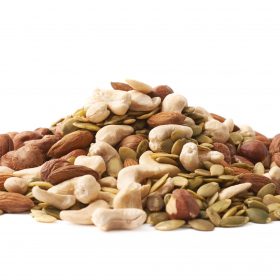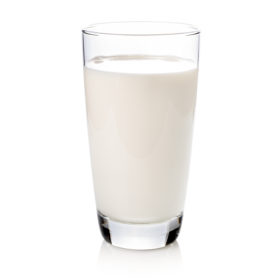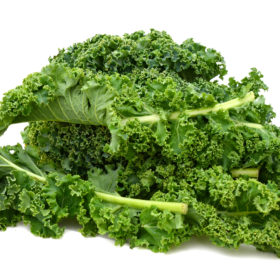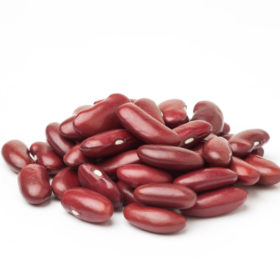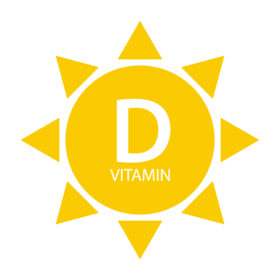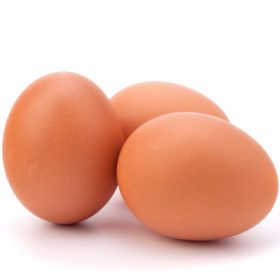Health and nutrition
If you want to be sure you are eating a healthy diet, we want to help you with clear, up-to-date dietary guidance based on official UK nutritional recommendations1. A vegetarian diet can meet the nutritional needs for people of all ages if you follow a few simple steps2.
Public Health England says it is important to eat a diet low in saturated fat and high in whole grains, fresh fruit and vegetables. As a vegetarian, eating a balanced diet based on whole grains, pulses (beans and lentils), vegetables and fruits, nuts and seeds you should easily exceed the guidelines for eating 5-A-Day and your meals will be naturally high in fibre and low in saturated fat.
One of the biggest concerns people have about vegetarian nutrition is where vegetarians get nutrients that typically come from meat and fish, such as protein, iron, calcium, zinc, vitamin B12, and essential fats like omega 3. In most cases these nutrients are naturally included in balanced vegetarian and vegan diets. It can however be useful to be aware of good nutritional sources.
Have a look at our specific nutrient pages for more information on how you can make sure you’re getting everything you need from your diet.
- The Vegetarian Society dietary values for foods are taken from the Composition of Foods by Widdowson McCance as used by the government Food Standards Agency and TSO publications.
- The Association of UK Dietitians (BDA) states a well-planned vegetarian diet is appropriate for all stages of life and has many benefits.
As a charity, we provide vegetarian health and nutritional advice. Jim is a lifelong vegetarian. At 88 he was advised by his doctor to eat red meat. Our expert dietitian service showed Jim some new ways to cook his favourite veggie dishes, packing them full of the good stuff he needed. This service is crucial, and provides a place for people to turn to when they need help. Your donation of £3 a month will allow this vital service to continue.


